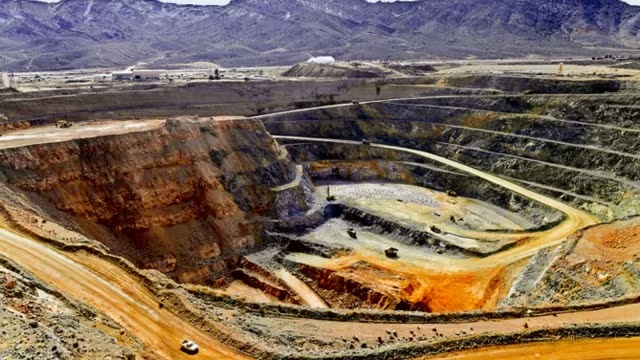India Seeks Mineral Security: Public Sector Giants Go Global
The Indian government has revealed its strategic initiative to secure the crucial mineral resources needed for clean energy technologies and electric vehicles. This plan would involve the leading public sector companies (PSUs)—like Coal India, NMDC, and ONGC Videsh Ltd (OVL)—actively searching for critical mineral assets on a global scale.
For India, this implies a significant shift toward resource sovereignty, removing dependency from external sources on these essential elements that sustain the country’s aspirations for cleaner energy and technological development.
PSUs Go Abroad: The Quest Continues

This specialized committee is expected to set up Coal India, NMDC, and OVL in the direction of overseas exploration of critical minerals. These established PSUs are already market players, as they bring with them vast experience in both development and negotiation relating to resources. This will be of great use when coming up with favorable arrangements or negotiating through the complexities associated with international mineral exploration.
Fronting The Way: Expertise of OVL
It is anticipated that Oil and Natural Gas Corporation’s (ONGC) overseas associate company, OVL, will front this foreign undertaking. In particular, its past work record within the global oil industry brings a lot of experience into play.
Proactive Measures: Action by Coal India and NMDC
The proactive character of PSUs is demonstrated through the active acquisition of lithium blocks in Chile by Coal India. Similarly, NMDC’s gold mining ventures in Australia show that they are also focusing on their business diversification plans, including exploration for lithium mining. These initiatives underscore the cooperative efforts of Indian PSUs to ensure access to strategic minerals as well as reduce supply risks going forward.
Strength in Unity: Khanij Bidesh India Ltd (KABIL)
Khanij Bidesh India Ltd (KABIL) is a collaborative effort among National Aluminium Company Ltd (Nalco), Hindustan Copper Ltd (HCL), and Mineral Exploration and Consultancy Ltd (MECL), which further establishes India’s position globally in the mineral market. Additionally, KABIL has highly committed itself to extensive scouting for foreign mineral assets to strengthen national resource security.
Collaboration is Key: Terms of Trade and Trade and Investment Relations.
India is aggressively starting to form new partnerships with countries like Chile and Australia, which are resourceful countries with critical mineral assets, in this case, copper, lithium, etc. There is an effort underway to extend the scope of current Free Trade Agreements (FTAs) to include critical minerals trade.
This would help in promoting government-to-government approaches to gaining access to these resources. In addition, in other instances, there may be an arrangement where Zambia and India will explore resources together through a joint exploration treaty.
Importance of Strategic Minerals
All of them have important strategic copper, lithium, nickel and cobalt. They are employed in wind turbines, electric cars, and the electricity networks that serve houses, among others. Hence, it is not only desirable but also inevitable that it must be possible to attain clean energy with secure supplies of these minerals.
India is also actively utilizing its PSUs and forming global partnerships to deal with potential future supply-chain disruptions and guarantee access to critical minerals to meet its clean energy goals. By adopting this strategy, India not only gains in resource security but also positions itself as a frontrunner in achieving a sustainable future.


